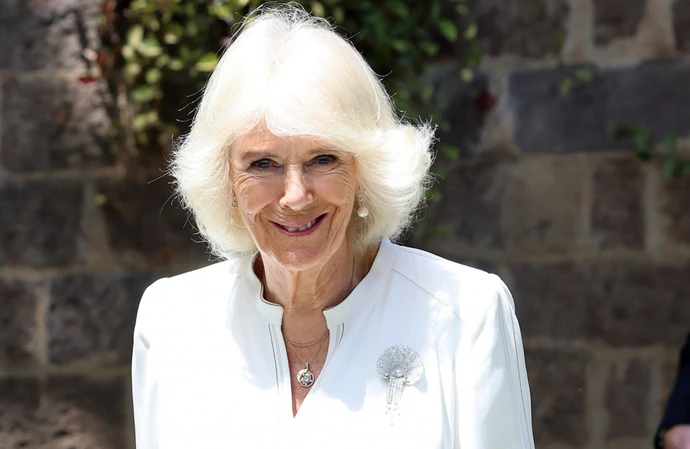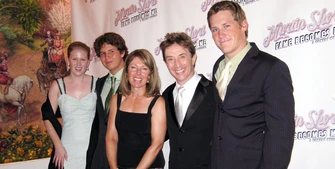Queen Camilla heaps praise on ‘trailblazing’ journalists for highlighting domestic and sexual abuse against women
In a moving speech to the Foreign Press, Queen Camilla has praised journalists for spotlighting domestic and sexual abuse against women.

Queen Camilla has praised journalists for spotlighting domestic and sexual abuse against women.
The 76-year-old paid tribute to the “trailblazer” reporters during a speech to the Foreign Press Association in London, in which she also said the media world was especially tough for females due to the waves of social media attacks they endure.
She said at the Foreign Press Association awards: “There are journalists in my family… and I have even been the subject of one or two stories myself over the years.
“I have also had the opportunity to visit newsrooms and have seen how tough your work is. Particularly for women, who, despite the many hurdles they have faced, have been among the bravest reporters of all.
“From trailblazers like Martha Gellhorn and Christiane Amanpour to those such as Marie Colvin and Daphne Caruana Galizia, who have so tragically paid with their lives, their courage was matched only by their conviction that the truth matters.
“Perhaps this has never been more evident than in our digital age, where disinformation runs rife and where female journalists are increasingly targeted on social media.”
Camilla added she wanted to thank reporters for raising awareness of “domestic and sexual abuse against women in every part of the globe”.
She said: “The FPA was founded in 1888, when foreign correspondents came to the United Kingdom to report on the Jack the Ripper murders.
“The FPA grew out of the need to reveal and condemn violence against women. This remains a key part of journalism.
“You have the ability to break the corrosive silence that frequently surrounds abuse. You bring into the open the voices of victims… you shine a light on these heinous crimes.
“As the foreign correspondent Christina Lamb makes clear in her devastating book ‘Our Bodies, Their Battlefield’, rape and sexual abuse continue to be a pervasive and all-too-often hidden feature of conflict zones the world over.”







